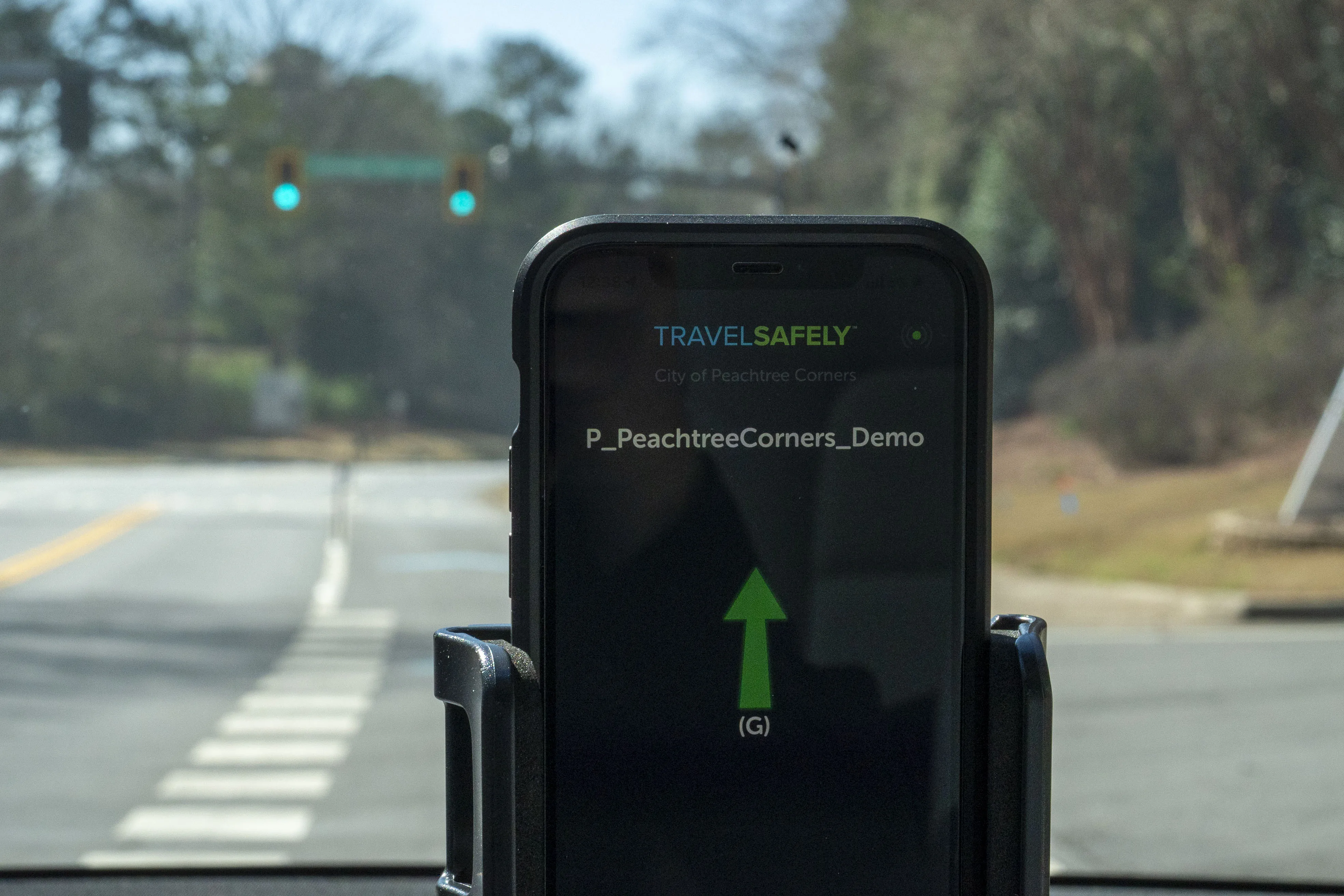ACM says it has worked collaboratively to identify and pool resources to help accelerate the safe deployment of autonomous controlled trucks.
As part of the programme, tests will be carried out at ACM’s purpose-built facility to assess the reliability of multi-truck convoys travelling at highway speeds on elevated on-ramps, bridges, overpasses and tunnels in mixed traffic scenarios. The
Aside from NREL, other members participating in the project include Auburn University, University of Michigan-Dearborn, Michigan Department of Transportation, and the US Army and Tank Automotive Research, Development and Engineering Center.
These partners intend to celebrate their achievements at the end of the initiative with a high-speed truck demonstration at the ACM.
ACM to lead collaborative study on autonomous truck platooning
The American Center for Mobility (ACM) will lead a study which seeks to autonomously control a fleet of trucks in Colorado. The two-year project will begin at the end of 2018, followed by a second deployment in Michigan.
ACM says it has worked collaboratively to identify and pool resources to help accelerate the safe deployment of autonomous controlled trucks.
As part of the programme, tests will be carried out at ACM’s purpose-built facility to assess the reliability of multi-truck convoys travelli
September 26, 2018
Read time: 2 mins
The 8742 American Center for Mobility (ACM) will lead a study which seeks to autonomously control a fleet of trucks in Colorado. The two-year project will begin at the end of 2018, followed by a second deployment in Michigan.







